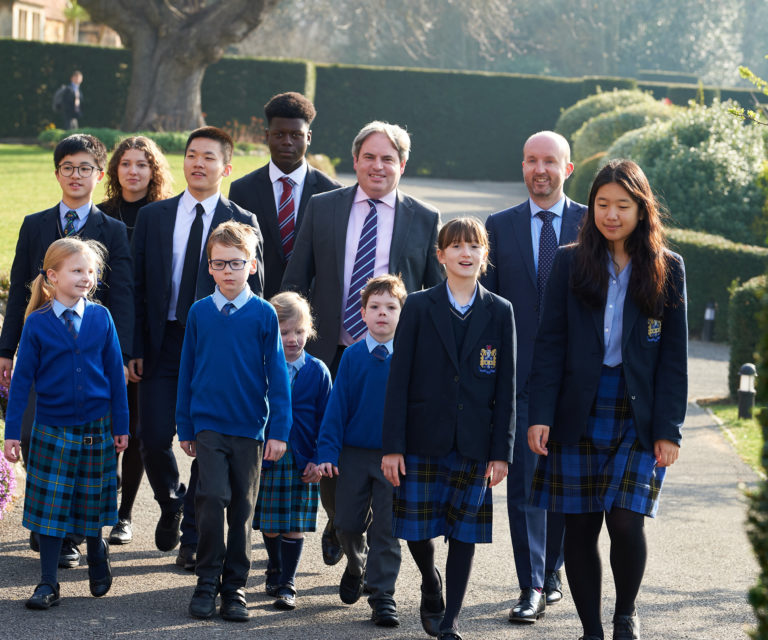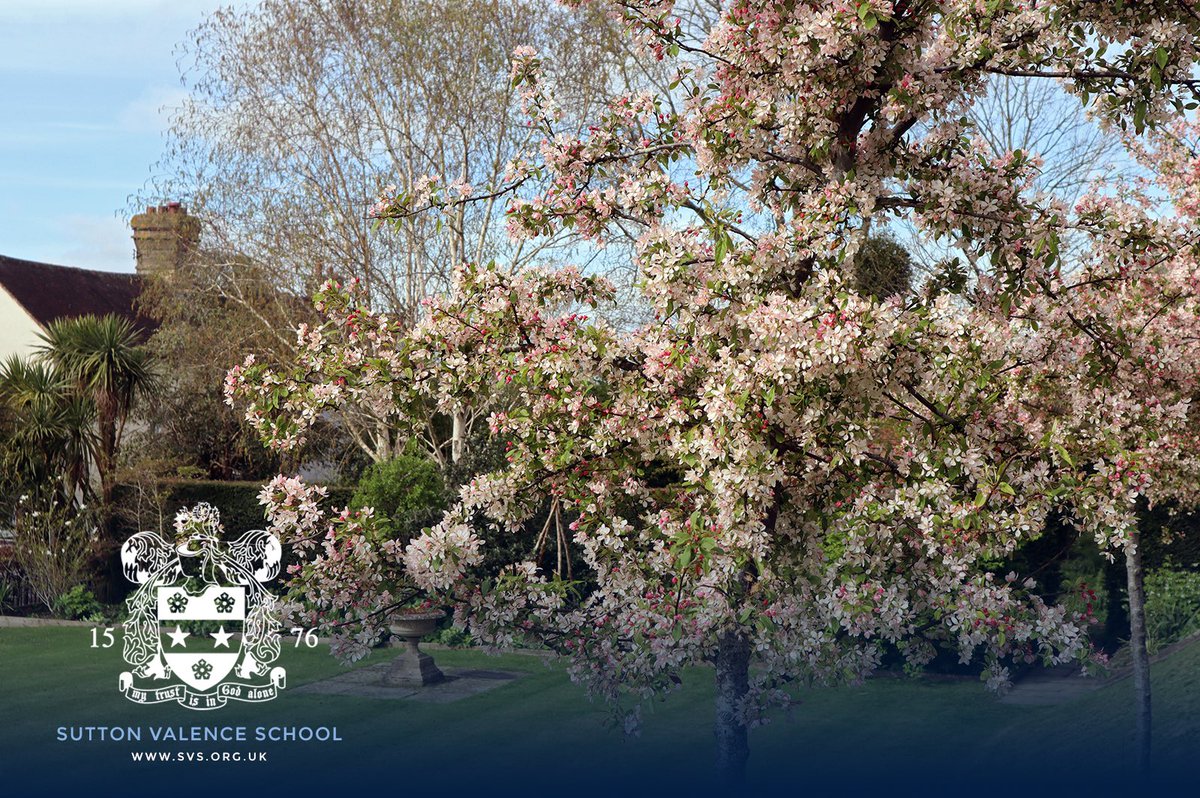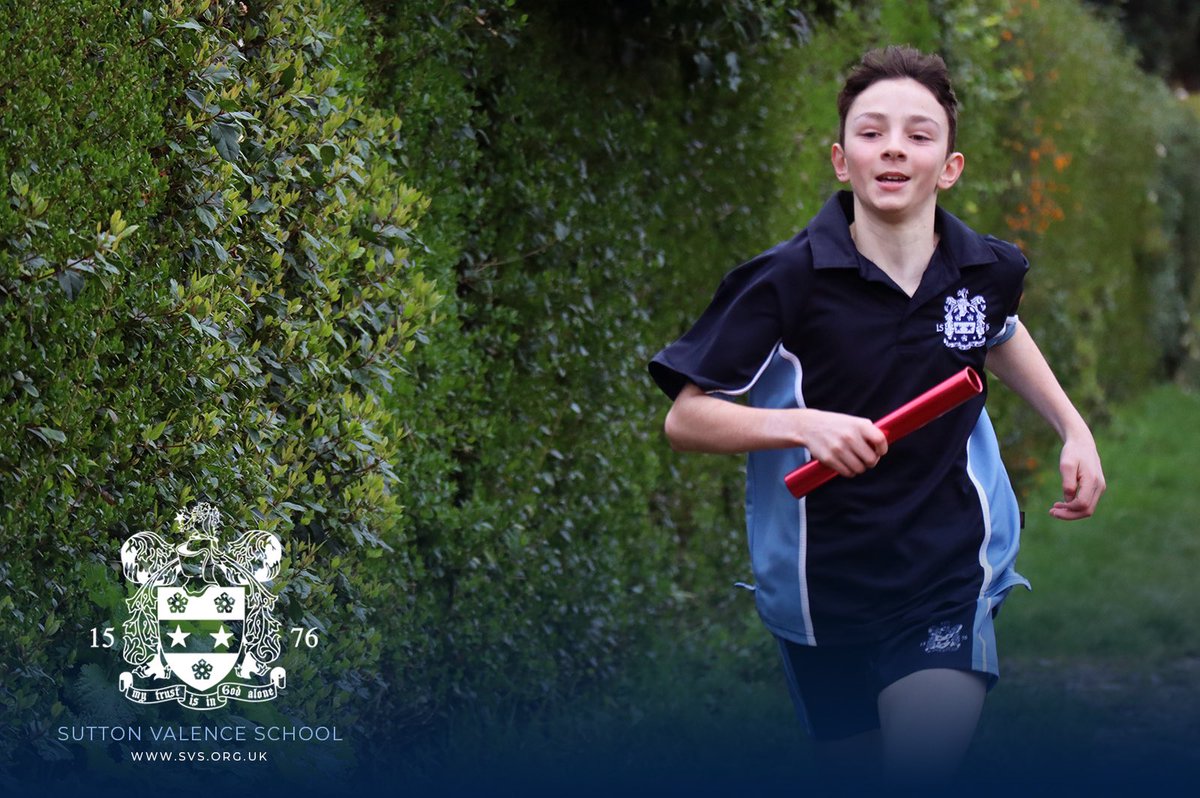‘In that earliest childhood, we get those invisible glasses through which we look at the world all our lives, and these glasses colour our views’.
This beautiful quote from Feri Lainscek captures the essence of why adults as educators should devote time to developing children’s observational skills, starting in early childhood. Children are seekers of explanations to make sense of their experiences with nature. Children’s fascination with the world around them is something that we capitalise on at School to develop their ‘invisible glasses’ and foster scientific process skills. Children’s observations and investigations of the local environment enable them to identify and answer open-ended (often higher-order) questions that trigger further curiosity.
Observation skills are much more than just looking at things or just seeing things. Observations sometimes can be very specific, developed within a disciplinary framework, such as in Science lessons when recognising animals’ physical adaptations to their environment. Observation is an important initial skill in the early years that helps children find and organise patterns in the observed natural world. Initially, starting in Pre-Prep, children start observing by using multiple senses simultaneously and step-by-step they develop simple explanations of observations and complex interpretations of the world around them. Our outdoor areas are rich enquiry feeding grounds for the young minds in our care.
Just as children’s intuitive, spontaneous concepts are gradually refined and replaced by scientific concepts, similarly, intuitive observations are replaced with more selective, sophisticated and theory-driven observations that in turn lead to the development of scientific explanations. Progression from every day to expert scientific skills of observation are a central focus for the teaching of Science at School. Our teachers carefully plan opportunities for the children to undertake carefully structured observations, experiencing and expressing their findings through vehicles such as peer interaction, higher-order questioning, sketching and drawing. The overlap between Science observation and Art and Design is evident; where one starts and the other begins is seamless.
Previously, I have written about the importance of questioning skills and the merits of higher-order thinking skills (HOTS). In Science, observations are not only supposed to serve to answer research questions and problems but also to identify them. For example, ‘What are the advantages and disadvantages of a bird having webbed feet?’ or ‘can you predict the outcome if the evolutionary traits of an orangutan continue?’.
With the Easter holidays just around the corner, this is the perfect opportunity for us as parents to help foster and nurture our children’s natural curiosity and observation skills. Why not set up a family nature table? They are a wonderful way to bring nature into your home and encourage children to connect by investigating, observing and responding to the treasures of the season. Springtime is the perfect season to get out and about in our local area to explore. Children are skilled at finding nature treasures when you are out and about on nature walks or even from their own garden. Decision making about what should or should not be included on your family nature table lends itself to natural, ethical debate – should we pick that flower? What are the implications of not taking back that piece of bark? Nature tables are fluid in their structure; often one observation of a natural object leads to questions being posed and then research follows. Here, a mixture of old and new flourishes; a magnifying glass or bug viewfinder sit comfortably alongside an iPad to be used as an endless encyclopaedia.
Developing our children’s observational intelligence not only helps sow the seeds of scientific enquiry; it is, in its essence – the perfect opportunity to have fun and spend valuable time with others. Here’s to an Easter holiday of nature walks, beachcombing trips and pond dipping.




